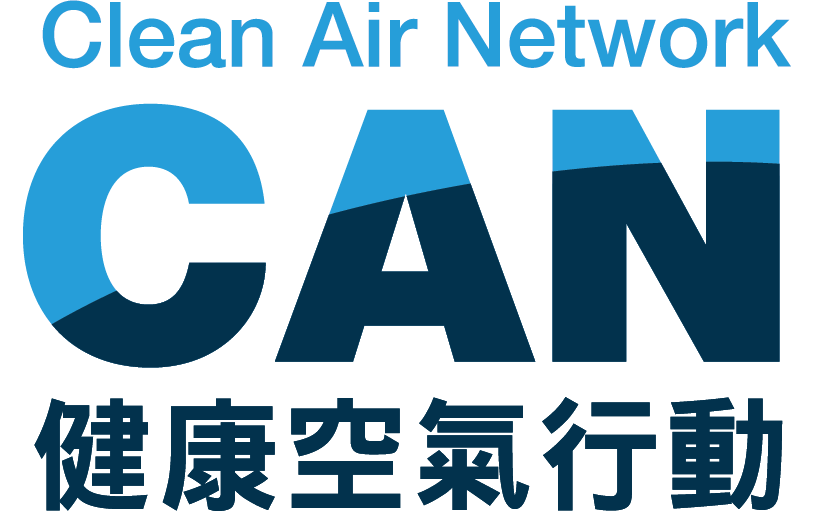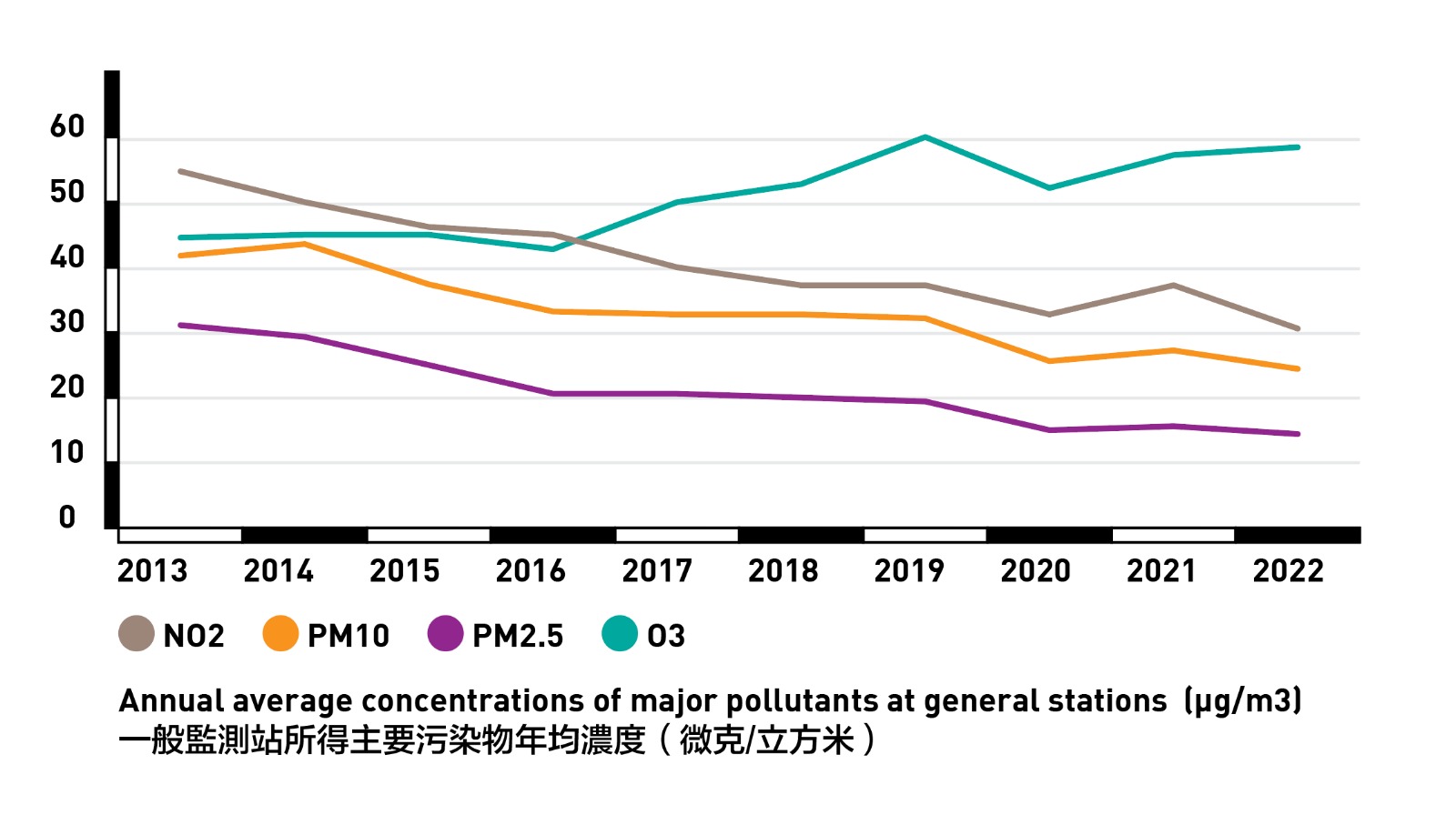
Air pollution in Hong Kong remains at dangerous levels. Every year more than 1,000 Hong Kong people die from air pollution.
According to World Health Organization (WHO), air pollution is one of the greatest environmental risks to health. Exposure to air pollution increases health risks, ranging from asthma, heart and lung diseases, stroke, and cancer.
The Hedley Environmental Index monitors and publishes in real-time the economic costs of Hong Kong’s air pollution in terms of public health impacts and their monetary value.
Public Health Impacts: Annual health and economic costs of air pollution in Hong Kong, 2020-2022



Hong Kong’s Air Quality Objectives (AQOs) were established in 1987 and despite several updates of WHO’s Air Quality Guidelines, on which they were originally based, they remain unchanged in the 2000s.
The AQOs had been reviewed from 2006 to 2008 with new AQOs were proposed in 2009 for public consultation, they were only updated in 2014.
The Air Pollution Control Ordinance (APCO) which is principal legislation to control air pollution in Hong Kong, were amended in 2013 to mandate a minimum of one review of AQOs every 5 years. Though Hong Kong’s AQOs were updated again in 2022, they are still yet to meet the WHO’s safety standards. Since the amendment of the APCO in 2013, CAN was involved in the first (2016-18) and the second (2022-24) cycles of AQOs review led by the HKSAR Government.
Since the birth of CAN, we have been urging for tightening of the AQOs until they meet the WHO’s most stringent level. Referencing from the earlier legal studies led by the Civic Exchange, CAN carried on the work to collaborate with legal professionals to deepen the study.
In recent years, with the support of the legal professionals, CAN published the “Multi-jurisdictional Comparative Study on Air Pollution Control Regulations”. The key findings, which demonstrated international best practices and benchmark, were then disseminated to the general public, academia, environmental groups and policymakers with the purpose to inform discussion on AQOs review.